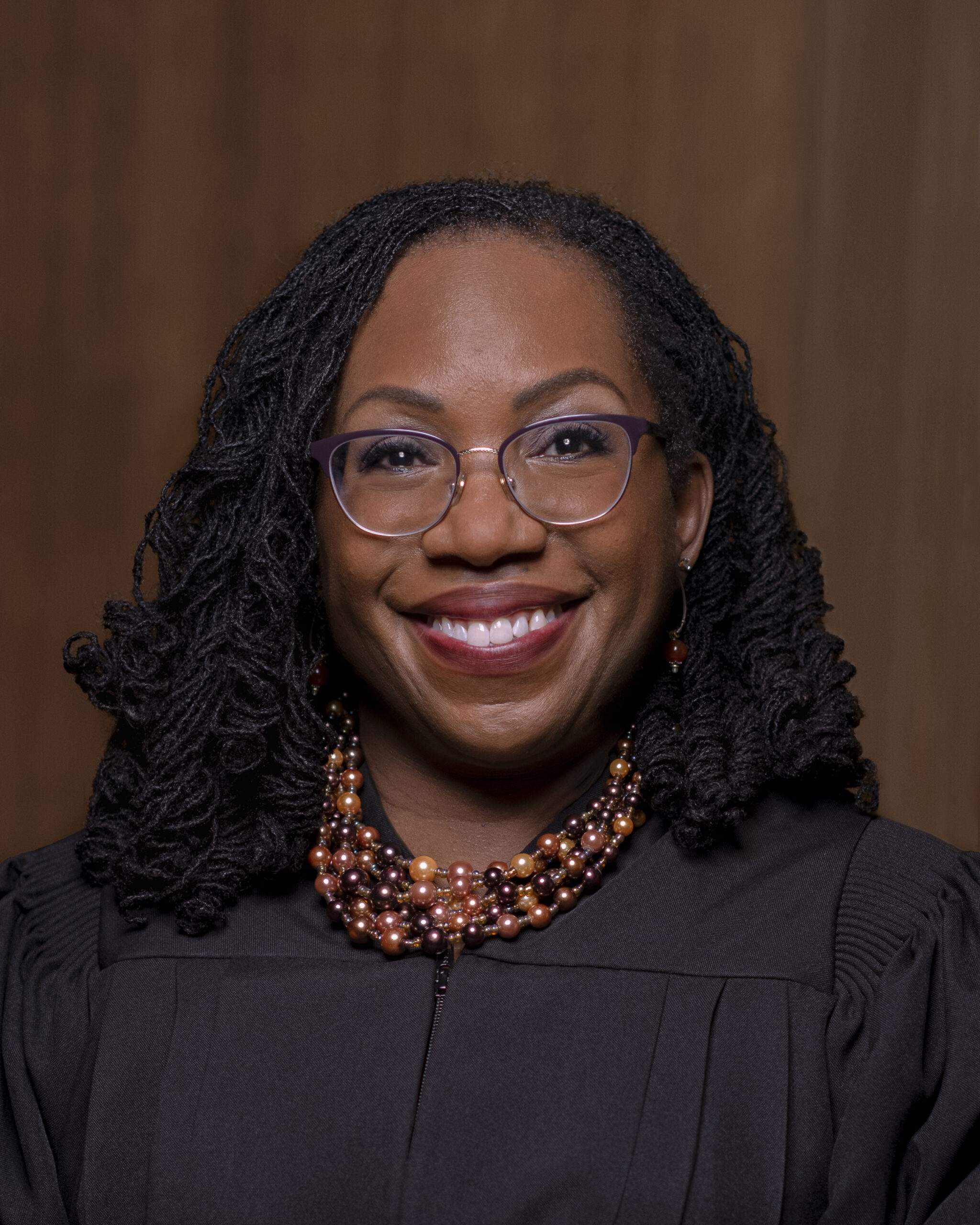Glen Greenwald tweeted a couple clips from the arguments before the U.S. Supreme Court surrounding the federal government’s active suppression of speech on social media companies like Facebook and Twitter. Justice Brown Jackson seems to argue the federal government should be allowed to pressure platforms to restrict speech it does not like. She uses national security as an argument. But a “pandemic” is not national security and there was plenty of evidence public officials and “the experts” were not following their own past guidance and instead trying to institute novel solutions to a non existent problem and trying to shut the public up if they contradicted the government.
Here’s a transcript of the clips.
Justice Ketanji Brown Jackson 0:00
Whether or not the government can do this, this is something I took up with. Mr. Fletcher depends on the application of our First Amendment jurisprudence. And there may be circumstances in which the government could prohibit certain speech on the internet or otherwise. I mean, do you do? Do you disagree that we would have to apply strict scrutiny and determine whether or not there is a compelling interest? And how the government has tailored? Its regulation? Certainly,
Benjamin Aguinaga 0:31
Your Honor, I think at the end of every first amendment analysis, you’ll have the strict scrutiny framework in which you know, in some national security hypose, for example, the government may well be able to demonstrate a compelling interest may well be able to demonstrate Alright,
Justice Ketanji Brown Jackson 0:44
so So not every situation will in which the government engages in conduct that ultimately has some effect on freedom on speech necessarily becomes a First Amendment violation, correct?
Benjamin Aguinaga 0:59
Maybe not necessarily. Your Honor. I guess the top line question I would ask is, has the government set out to abridge the freedom of speech? And in this case, you see that time and time again, because if you control the test for First Amendment violations, you want to disclose from the plain text of the First Amendment? Well, I
Justice Ketanji Brown Jackson 1:15
understand but we haven’t we have a test for a determination whether or not the First Amendment is actually violated. So in such certain situations, you know, the government can actually require that speech be suppressed if there’s a compelling interest, right? It can,
Benjamin Aguinaga 1:34 Y
our Honor. And I guess what I would say is that the courts below never got to strict scrutiny because the government never raised us this has never been litigated. The question in this case is whether at the front end, the government itself has undertaken
Justice Ketanji Brown Jackson 1:45
coercion is the state action. Right. That’s the question in this case, and I would urge the Court
Benjamin Aguinaga 1:48
to address the state action issue, just like you’ve addressed it in Banta books use that term four times in Bantam Books. And to
Justice Sonya Sotomayor 1:55 understand because it seems like an extremely expansive argument, I must say,
Justice Ketanji Brown Jackson 2:02
for my biggest concern is that your view has the First Amendment hamstringing the government in significant ways in the most important time periods. I mean, what would what would you have the government do? I’ve heard you say a couple of times, that the government can post its own speech, but in my hypothetical, you know, kids, this is not safe, don’t do it is not going to get it done. And so I guess, some might say that the government actually has a duty to take steps to protect the citizens of this country. And you seem to be suggesting that that duty cannot manifest itself in the government encouraging or even pressuring platforms to take down harmful information. So can you help me because I’m really I’m really worried about that. Because you’ve got the First Amendment operating in an environment of threatening circumstances from the government’s perspective, and you’re saying that the government can’t interact with the source of those problems.
